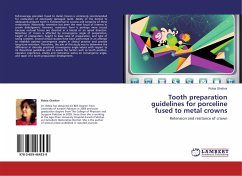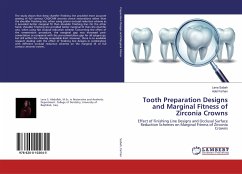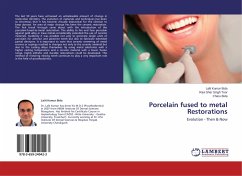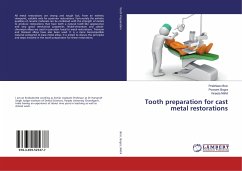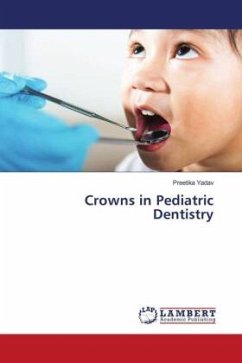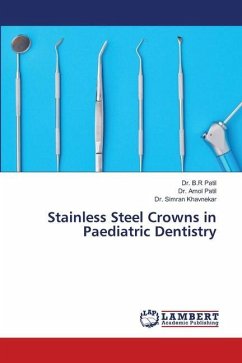Full-coverage porcelain fused to metal crowns is commonly recommended for restoration of extensively damaged teeth. Ability of the dentist to adequately prepare teeth is fundamental to success and longevity of these restorations. Historically, retention has been the main focus of interest in crown dislodgment; however, resistance form is perhaps more crucial because occlusal forces are directed in a lateral or an apical direction. Retention of crown is affected by convergence angle of preparation, height of preparation, height to base ratio of preparation, and type of luting cements. Several clinical studies have been performed in an attempt to establish optimal convergence angles in clinical practice and provide long-term retention. Therefore, the aim of this study was to determine the difference in clinically practiced convergence angle values with respect to its theoretical guidelines and to assess the factors such as tooth position, operator experience, vitality and restorative status on convergence angle, and taper of a tooth preparation development.

